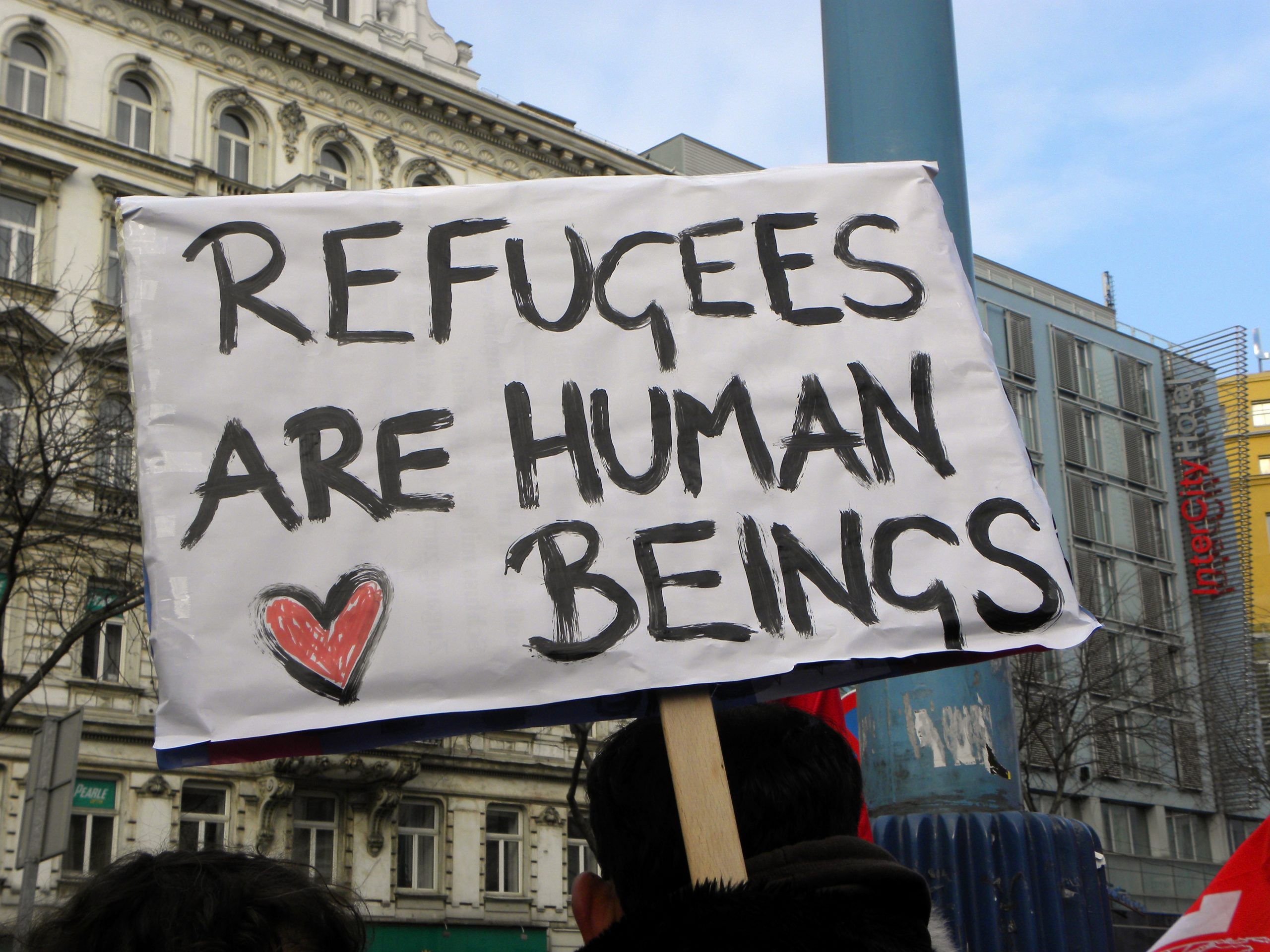People move to other countries for a variety of reasons. Some for work reasons or to be with family or just for the chance of a fresh start or a better life. Others have been forced by conflict or political persecution to seek safety in another country.
People who are in the process of looking for safety or asking for protection are known as ‘asylum seekers, whereas a ‘refugee’ is someone who has already been formally found to be in need of protection. Everyone has the right to seek asylum in another country if they need to – this is a foundation of international refugee law to protect refugee rights
Racism and xenophobia
Despite the fact that many of us, and our families, were once migrants – and despite all the personal stories and policy studies that show the clear benefits of migration – many migrants and refugees still face discrimination, stigmatisation and exclusion. Racist and xenophobic attitudes can make life very hard or even dangerous for migrants and refugees to feel a part of their new communities. Migrants have become a favourite scapegoat of politicians who feel more secure in their power by making it seem, to voters, like it’s ‘us v. them’.
People might look or sound different or have different beliefs and cultures, but we’re all from the same human family. We might be different, but we all have the same rights and dignity and should be treated fairly and with respect.
Government obligations for migrant rights and refugee rights
Governments have an obligation to respect and protect the rights of everyone – including migrants, refugees and people seeking asylum. But some governments fail to do this.
If migrants and refugees are denied the same rights and social supports that are provided to citizens, they are left in unacceptably vulnerable positions and might be exploited or face various forms of discrimination or more serious human rights violations.
Governments also have an obligation to respect, protect and support people who stand up for and defend the human rights of migrants and refugees. No matter whose rights they are defending, people who defend human rights must be free and safe to do their work at all times and not be penalised or criminalised for providing support or assistance.
Migrant rights and refugee protection
The need to increase legal protections for the human rights of migrants was recognised in the UN’s 1990 International Convention on the Protection of the Rights of All Migrant Workers and Members of Their Families (ICRMW), but migrants’ rights are still too often ignored or deprioritised by various governments around the world.
The UN has elaborated on issues regarding migration and human rights with specific ‘Principles and Guidelines on the protection of migrants in vulnerable situations.
The rights of refugees and people seeking asylum are outlined in the UN Refugee Convention, which as of 2015 had been signed by 145 governments. By signing, these countries are essentially making a promise to never turn their back on people seeking safety and never to return someone to a country where there’s a risk they will be persecuted or tortured.
Wanting to seek safety and the opportunity for a better life is human nature. Everyone has the right to seek asylum in another country if they are facing political persecution or other specific dangers, but to migrate to another country for other reasons, you need to apply through the relevant process that the country has in place.
ISHR and the rights of refugees and migrants
Read more about ISHR’s work on refugee and migrant rights.

